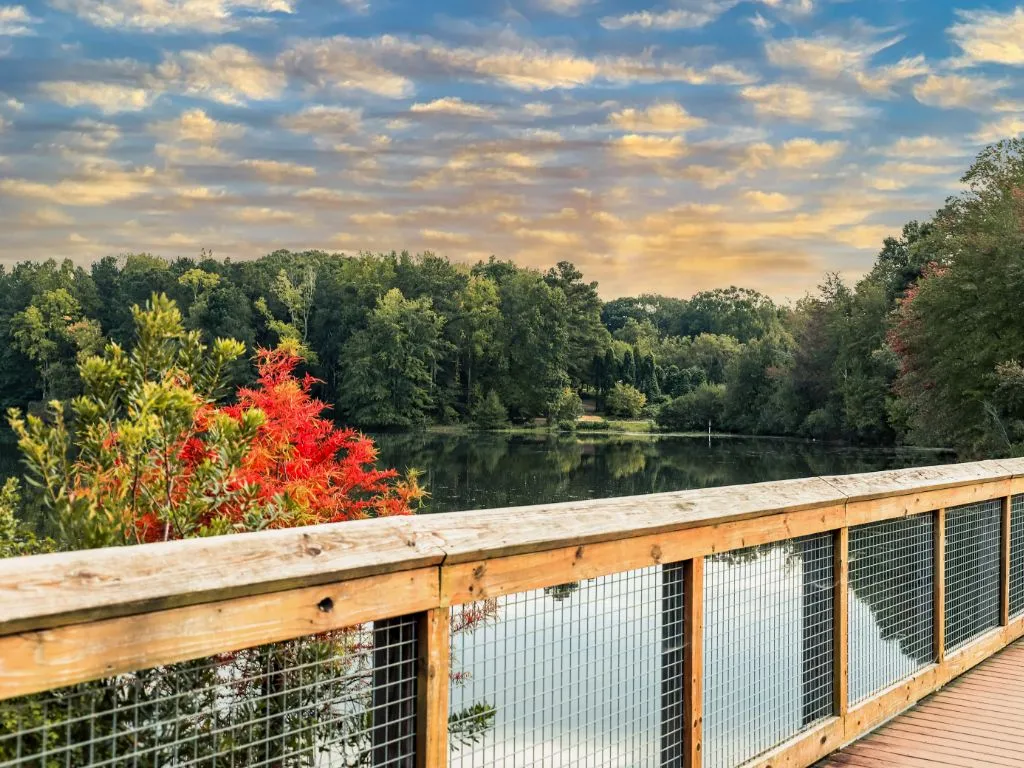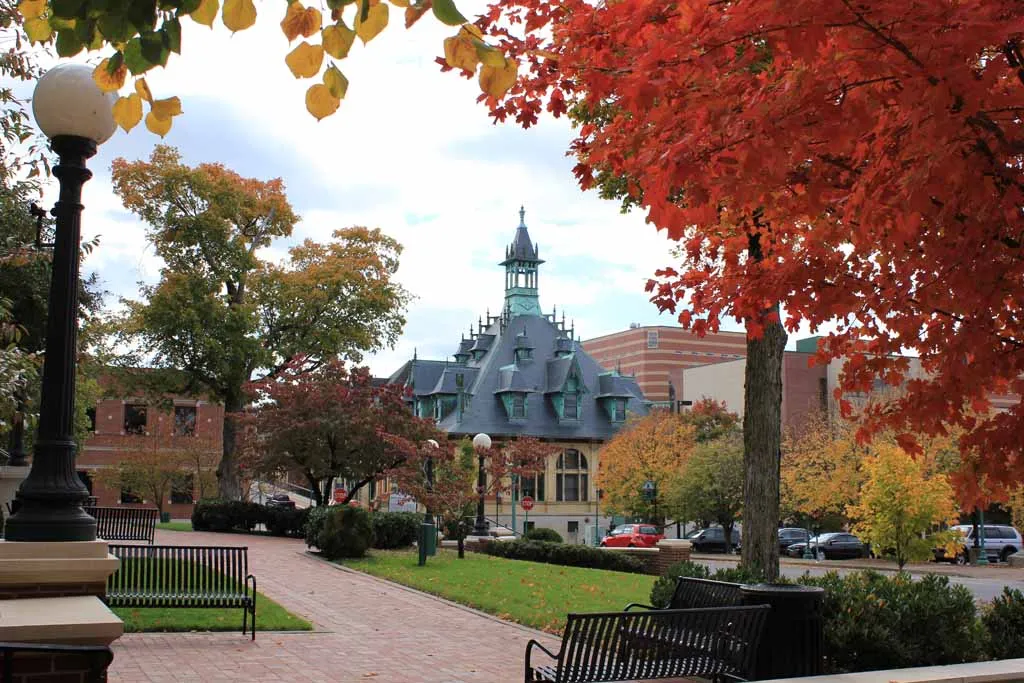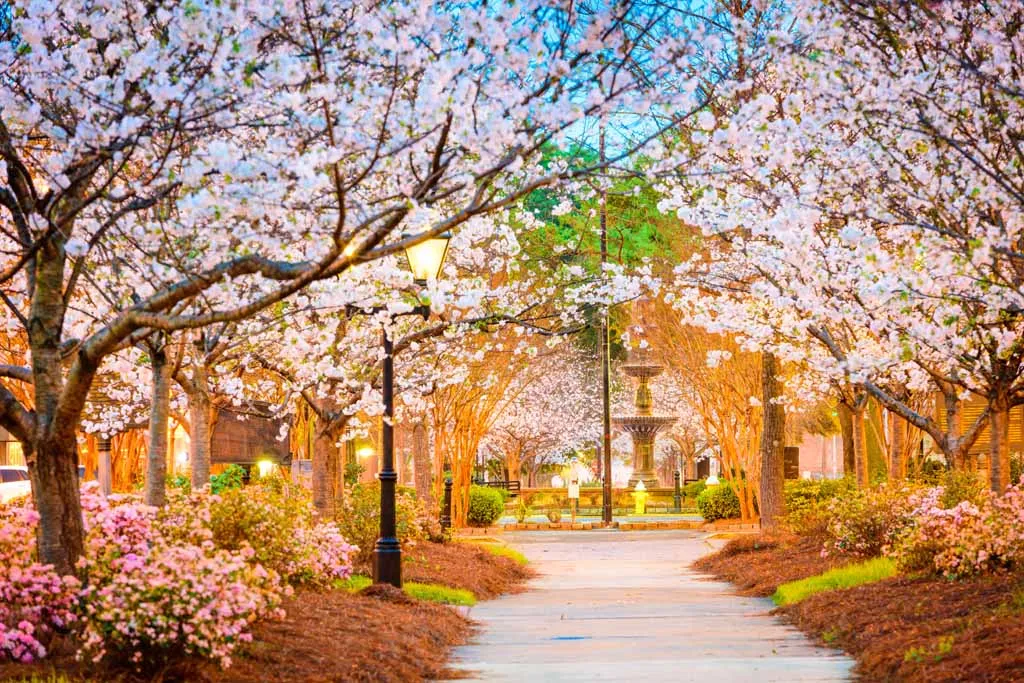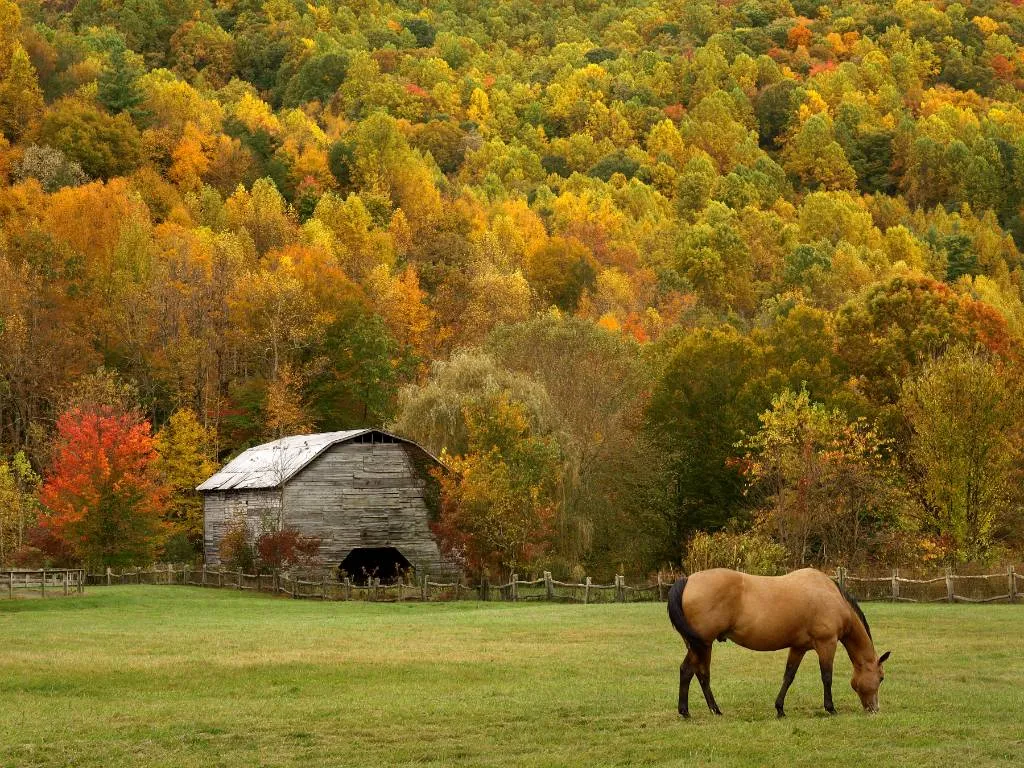8 Top Pros and Cons of Living in Lawrenceville, GA

A suburb of Atlanta, Lawrenceville can be found 30 miles north-northeast of the city itself. Located just outside of Atlanta proper, it is the region’s second-oldest city, founded in 1821. Commodore James Lawrence, who commanded the ship Chesapeake during the War of 1812, is honored with the naming of this city.
Because of its suburban atmosphere and abundance of parks, Lawrenceville is often cited as one of Georgia’s best places to live. Lawrenceville, Georgia, boasts well-regarded public schools. Cultural events, delicious restaurants, and interesting stores can all be found in Lawrenceville.
Let’s talk about eight pros and cons of living in Lawrenceville, GA!
Pros of Living in Lawrenceville
1. Downtown Lawrenceville has all you need
Downtown Lawrenceville, which has been there since 1821, has recently experienced a renaissance. It used to be a sleepy, outdated area, but now it’s bustling and full of life. If you’re feeling peckish after a day of sightseeing, head downtown, where you’ll find restaurants serving everything from Mexican to Italian to barbecue to burgers and more.
Take in a show at the Aurora Theater after a delicious meal, or you can browse the downtown area’s many unique stores. Lawrenceville has invested in a public parking garage so that you won’t have to struggle with other drivers for a spot downtown.
2. Spend time at Rhodes Jordan Park or Tribble Mill Park
Gwinnett County provides great parks and recreation facilities if you want to spend your time outdoors. Lawrenceville is home to several of these green spaces, including the beautiful Rhodes Jordan Park. This park has everything you might want, including play areas, a soccer field, a swimming pool, and a fishing lake. Moreover, there are various baseball fields, soccer fields, tennis courts, and even pickleball courts, in addition to a community garden and a community center for holding activities. There’s plenty to do and get your heart rate up in Rhodes Jordan Park.
In addition to Lawrenceville’s wonderful Tribble Mill Park. There are almost 700 acres of trails, a lake for fishing and boating, and options for walking, biking, and even riding horses.
3. The city is quite diverse
Everyone has a place to call home in Lawrenceville. This expanding city is home to people of many different backgrounds, both racially and economically. Nearly 40% of the populace can communicate fluently in two languages. Lawrenceville is the place to be if you want to be a part of a vibrant, diverse, and expanding metropolis.
Bethesda Elementary School in Lawrenceville is a Spanish-English Dual Language Immersion school. This popular curriculum begins with kindergartners and carries them through their primary years. They spend around half of their school day learning in Spanish and the other half learning in English.
4. Easy access to quality healthcare
Northside Hospital Gwinnett is conveniently located just outside of Lawrenceville’s main downtown area. There is a 24-hour emergency room, a Level II trauma center, a women’s pavilion, and a number of different types of specialists available at this facility, which is a part of the Northside Hospital system. The proximity to excellent medical facilities is a major benefit of living in Lawrenceville.
5. The cost of living is around the same as the national average
Those looking for a cheap place to live will find it in Lawrenceville. Compared to the rest of the country, living costs here are 0.5% lower. On average, a home in Lawrenceville sells within 57 days of being offered for sale. The average property cost in Lawrenceville is $367,714.
Fewer than half of Lawrenceville’s population currently owns their homes. This suggests that there are still many people who are renting. Prices for one-bedroom apartments in Lawrenceville average $1,383, with two-bedroom rentals going for $1,585.
Cons of Living in Lawrenceville
1. You’ll have to deal with lots of traffic
Amazing as it is, Lawrenceville remains a suburb of Atlanta. That can only mean one thing: more people on the road. There’s a lot of foot and car traffic. Although the major thoroughfares tend to get congested during the morning and evening rush hours, there are plenty of side streets to take if the main roads are too congested.
You can usually avoid the worst of the traffic after you become familiar with the back routes. So, if you must move during rush hour, provide extra time for your trip.
2. You’ll need a car to get around
To get about Lawrenceville, having a car is practically mandatory. Only the central business district is walkable in Lawrenceville; the suburbs are not. A bus service is available in Gwinnett County, but most of the bus stations are outside. In bad weather, this makes waiting for the bus less pleasant. Buses only travel along major thoroughfares. Thus they can only take you so far in Lawrenceville. And depending on how close your home is to the nearest bus stop, simply getting to the stop could be a challenge.
In addition, if you want to ride MARTA, Atlanta’s train service, to get into the city for business or entertainment, plan on spending 25 minutes or more in the car to get to the closest station.
3. It’s not the best place for people with allergies
This is, of course, a matter of individuality, but it’s worth noting that the spring and fall seasons in Lawrenceville are notoriously pollen-filled for people with asthma and allergies. For a few weeks each spring, the city is covered in a thick, yellow layer of pine pollen.
Daily highs in Lawrenceville typically exceed 80 degrees Fahrenheit between May through September. However, the winters are moderate, with daily averages in the 50s F from December through February. Lawrenceville is not the place to move to if you’re hoping to avoid the summer heat or anticipate enjoying frigid winters. However, if you prefer moderate winters and balmy summers, Lawrenceville could be the spot for you.
Final Thoughts
Lawrenceville offers a reasonable cost of living, a diverse community, and easy access to healthcare, among others. However, if you’re not a fan of having to endure long hours in traffic, you might not enjoy living in this city. If you also suffer from allergies, living in Lawrenceville might not be for you.






